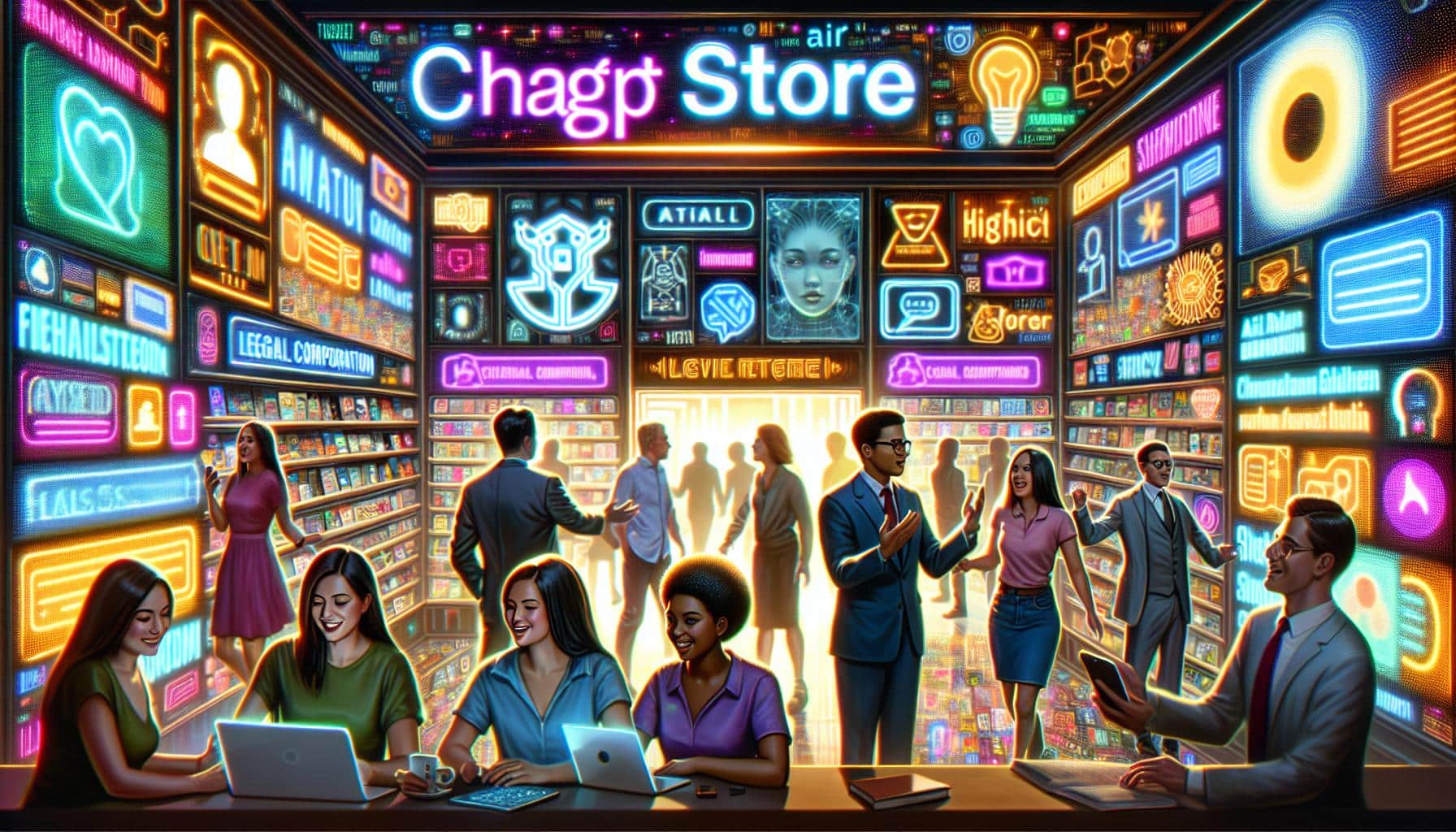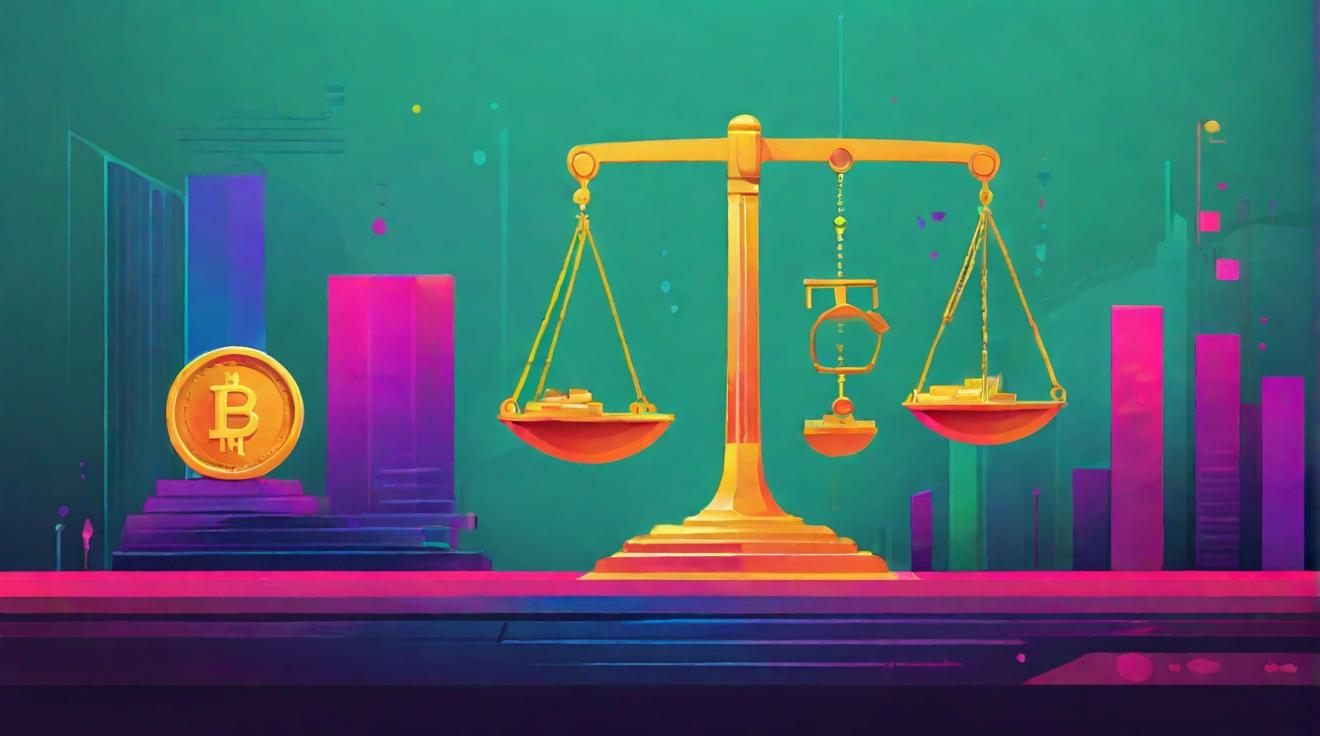OpenAI Launches GPT Store, Allowing Developers to Sell AI Software
Prominent artificial intelligence company OpenAI has introduced a new way for developers to sell and distribute their own custom versions of AI software through an online store. Known as the GPT Store, this platform will offer personalized artificial intelligence applications and allow users to discover and build versions tailored to their specific needs. Developers will pay a subscription fee to OpenAI to create custom versions of ChatGPT, an AI model developed by OpenAI. The launch of the GPT Store has industry participants and watchdogs excited about the potential to change how businesses and consumers use AI technology.
Custom AI Apps Available in the GPT Store: A Revolutionary Moment
The GPT Store is set to revolutionize the AI sector by making custom AI apps available in an app store format. This is a groundbreaking development, akin to the introduction of Apple and Google app stores that transformed how people interacted with mobile apps. The availability of custom AI apps in a mass marketplace will bring together users and developers, resulting in increased innovation and accessibility. Professor Sonia Sennik from the University of Toronto’s Creative Destruction Lab describes the GPT Store as “transformational” and believes it will enable individuals without coding skills to produce in the digital world more easily.
Accessibility and Innovation: The Potential of OpenAI’s GPT Store
The GPT Store is being hailed as an “avenue for accessibility” by allowing people who are not coders to produce digital content without hiring software engineers. This democratization of AI technology has the potential to unleash a wave of innovation as users and developers are attracted to the store. With the ability to engage with AI tools in natural language, there will likely be a surge in the creation of innovative tools tailored to specific topics or needs. The GPT Store has the power to transform how individuals interact with and benefit from AI technology.
Legal Questions Arise as OpenAI Enables Mass-Market AI
While the introduction of the GPT Store opens up opportunities for mass-market AI, it also raises concerns regarding accountability and responsibility. Gillian Hadfield, a professor of law at the University of Toronto, points out that laws and regulations are unclear when it comes to determining who is to blame when AI apps make errors. For example, if an AI app designed to book travel for a user gets it wrong, who bears the responsibility? The implications for market economy and consumer rights need to be addressed as AI apps become more ubiquitous and accessible.
Canadians Already Utilizing the GPT Store: Commit’s Custom AI App
The GPT Store has already attracted multiple users, including Commit, a Vancouver-based tech company. Commit has developed a custom AI app on the GPT Store that helps tech workers locate, research, and apply for jobs. Companies like Commit are enthusiastic about the launch of the app store as it simplifies revenue sharing and eliminates the need to handle payment processes. The introduction of the GPT Store has seen Commit experience a surge in active users, signaling the potential financial benefits for developers.
OpenAI’s GPT Store is a game-changer for the AI industry. Not only does it offer developers a platform to sell their own custom AI software, but it also opens up new possibilities for users to access and benefit from tailored AI applications. As the store attracts more users and developers, we can expect to see a wave of innovation and creativity in the AI space that will reshape how we interact with AI technology. However, the legal and ethical implications of mass-market AI also need careful consideration to ensure accountability and consumer protection.
Analyst comment
Positive news: OpenAI Launches GPT Store, Allowing Developers to Sell AI Software
Market outlook: The launch of the GPT Store is expected to revolutionize the AI sector by increasing innovation and accessibility. As more users and developers join the platform, there will likely be a surge in the creation of customized AI applications. However, legal and ethical considerations surrounding accountability and consumer protection must be addressed as mass-market AI becomes more ubiquitous.













